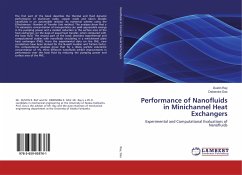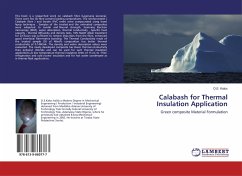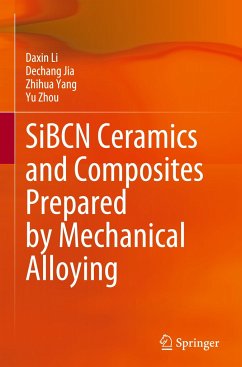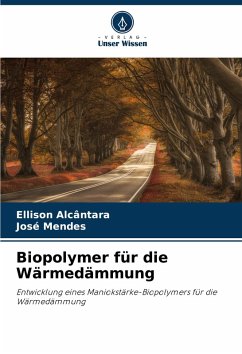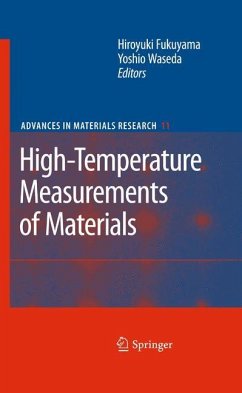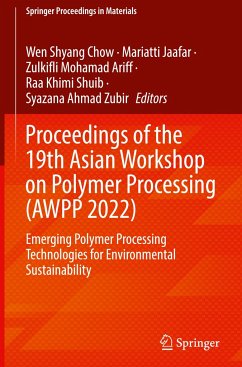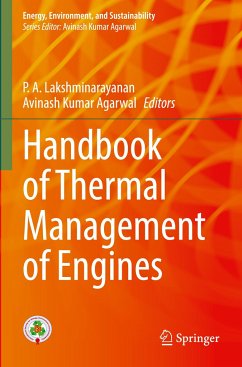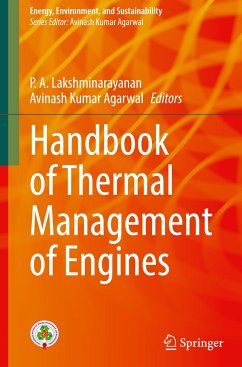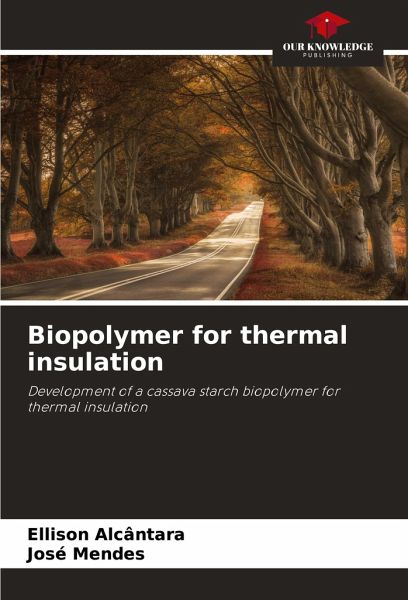
Biopolymer for thermal insulation
Development of a cassava starch biopolymer for thermal insulation
Versandkostenfrei!
Versandfertig in 6-10 Tagen
27,99 €
inkl. MwSt.

PAYBACK Punkte
14 °P sammeln!
Environmental concerns have been growing in recent years, mainly due to the use of various petroleum-based products, which take years to degrade in nature. To minimise this problem, several studies have focused on the use of biodegradable natural materials. In this context, it was found that cassava starch can be used as a raw material to produce a biopolymer that can be used as a thermal insulator. The biopolymer was produced using a controlled thermal expansion process. The material proved to be efficient in terms of thermal insulation, as it has properties similar to those of commercially a...
Environmental concerns have been growing in recent years, mainly due to the use of various petroleum-based products, which take years to degrade in nature. To minimise this problem, several studies have focused on the use of biodegradable natural materials. In this context, it was found that cassava starch can be used as a raw material to produce a biopolymer that can be used as a thermal insulator. The biopolymer was produced using a controlled thermal expansion process. The material proved to be efficient in terms of thermal insulation, as it has properties similar to those of commercially available thermal insulators.






